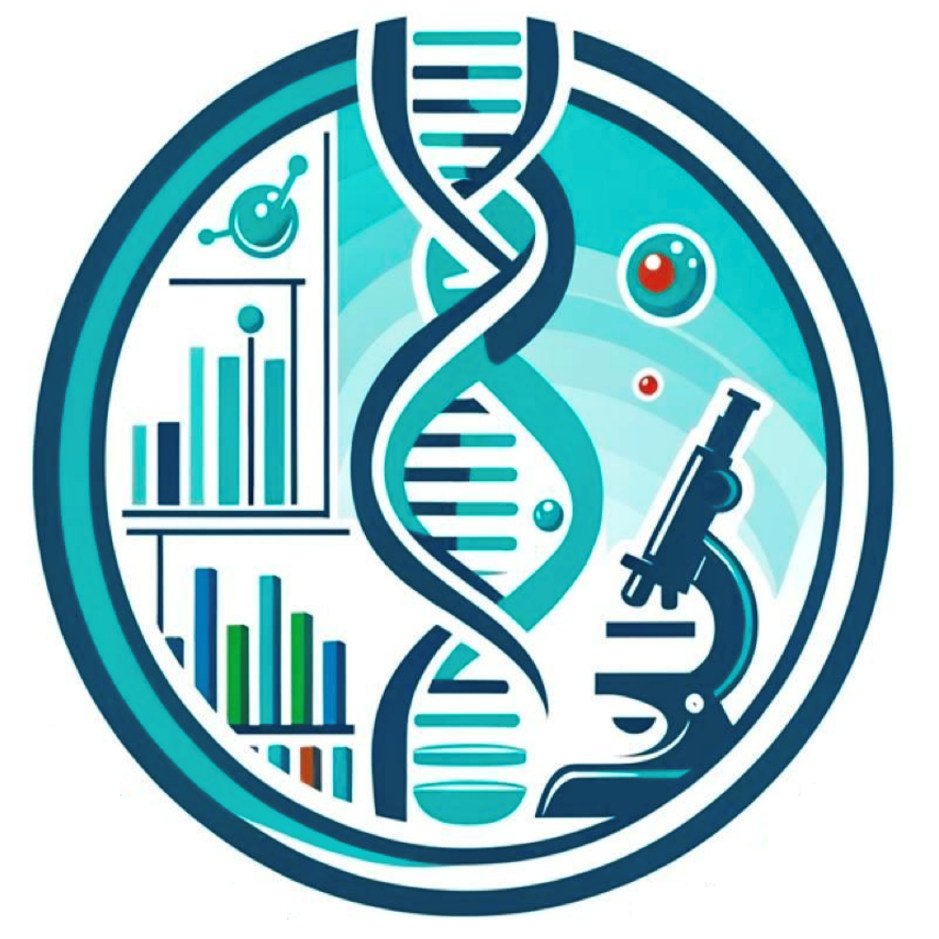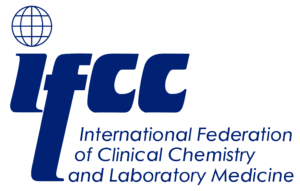
Outcome Studies
in Laboratory Medicine
About the IFCC Database of Outcome Studies in Laboratory Medicine
The database of Outcome Studies in Laboratory Medicine, an initiative of the International Federation of Clinical Chemistry and Laboratory Medicine (IFCC) Task Force on Outcome Studies in Laboratory Medicine (TF-OSLM), is dedicated to creating a pivotal database that highlights the clinical utilities and values of laboratory tests in healthcare. This evolving project is a central part of our mission to enhance the understanding of laboratory medicine’s crucial role in patient care and healthcare systems globally. Access is free and available to all members of IFCC.
Our Mission: Showcasing the Impact of Laboratory Medicine
We are focused on assembling a diverse and expansive collection of outcome studies that help demonstrate the clinical utilities of laboratory medicine. Our database serves as a repository of studies and papers that are relevant to laboratory medicine and highlight the significant impact of laboratory medicine in diagnosing, treating, and managing various health conditions.
Key Objectives of Our Initiative:
Highlight Clinical Utilities: Our primary goal is to aggregate studies that showcase the direct impact of laboratory tests on patient care. This includes how these tests contribute to diagnosis, treatment decisions, patient management, clinical outcomes, operational efficiencies, and cost-effectiveness. Facilitate Global Access: The database is designed to be a user-friendly and accessible resource for IFCC members and other stakeholders worldwide. It serves as a hub for information that supports research, education, and policy-making in laboratory medicine. Promote the Value of Lab Medicine: By aggregating and highlighting outcome studies, we aim to illustrate and promote the invaluable role of laboratory medicine in healthcare. This initiative seeks to foster greater appreciation and investment in this field. Enable Knowledge Sharing and Continuous Advancement: We encourage knowledge sharing and collaboration within and beyond the laboratory medicine community. Our database is not just a repository, but a dynamic tool that helps identify
research gaps, shapes future studies, and provides evidence-based insights for healthcare improvement.
Things to Know
Expansive Resource, Yet Unrated Collection: This database includes a broad spectrum of articles, each is carefully reviewed and categorized based on outcomes and study designs. However, we do not conduct a formal quality evaluation, nor do we synthesize evidence or make recommendations based on the collected articles. This approach allows us to present a comprehensive view of the field. A Work in Progress: Our database is continually growing, reflecting the evolving nature of laboratory medicine and its applications in healthcare. We welcome contributions and suggestions from the community to enhance its breadth and depth. Suggestions for articles or lists of articles for inclusion are greatly appreciated. Please contact Zhen Zhao (zhz9010@med.cornell.edu) and Smeralda Skenderaj (smeralda.skenderaj@ifcc.org) if you have any suggestions, comments and recommendations.
Acknowledgment
We extend our deepest gratitude to the IFCC Executive Board and Council for their unwavering support in the development of the database. Special recognition is due to the dedicated members and corresponding members of the TF-OSLM (https://ifcc.org/executive-board-and-council/eb-task-forces/task-force-on-outcome-studies-in-laboratory-medicine-tf-oslm/), whose collective efforts have been instrumental in shaping this initiative. Further, we recognize the valuable inputs of Dr. Andrew St John (ARC Consulting), Dr. Christopher Price (University of London), Dr. Andrew Don-Wauchope (McMaster University), Dr. Annalise E Zemlin (Stellenbosch University), Dr. David Grenache (TriCore Reference Laboratories), Dr. Jing Cao (UT Southwestern), and Dr. Stacy Melanson (Harvard Medical School), whose knowledge and perspectives have immensely enhanced this project. Our thanks extend to the ADLM (formally AACC) Value of Laboratory Medicine Steering Committee, the IFCC Value Proposition for Laboratory Medicine committee and the IFCC Evidence-Based Laboratory Medicine committee. Additionally, we are grateful to Ms. Smeralda Skenderaj for her outstanding administrative support and to Digiwedo for constructing the database.

